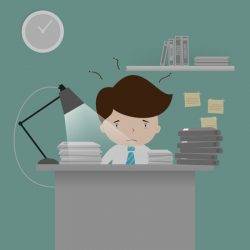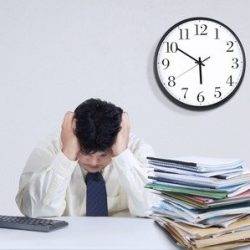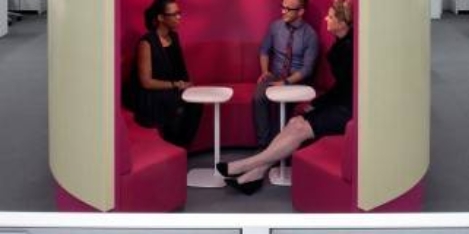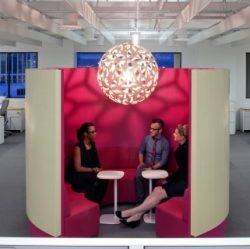November 3, 2016
Employers worldwide are failing to keep senior female managers engaged 0
Some of the world’s biggest and best-known companies have lower engagement than they should among senior-level women, claims a new report, which found significant engagement gaps in key areas, including mentorship, appreciation and cooperation with colleagues. Roughly three quarters of those surveyed for the rewards of an Engaged Female Workforce were found to have generated lower levels of employee engagement among female senior managers. The research from BCG looked at factors that contribute to engagement levels for more than 345,000 male and female employees across the world and found that in companies in the bottom three quartiles of overall engagement scores, the scores of women increase by just 4 percent from non-manager to senior manager level while men’s increase by a full 12 percent. The study also found that companies in the top 25% of overall engagement scores had virtually no engagement gap between senior female managers (4.5) and senior male managers (4.4 ) when scores are rated from 1 (very dissatisfied) to 5 (very satisfied).
































